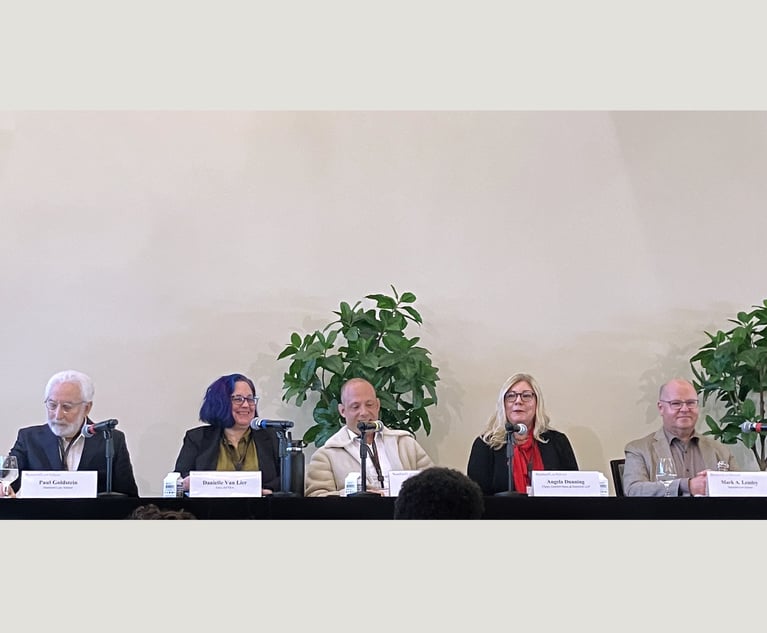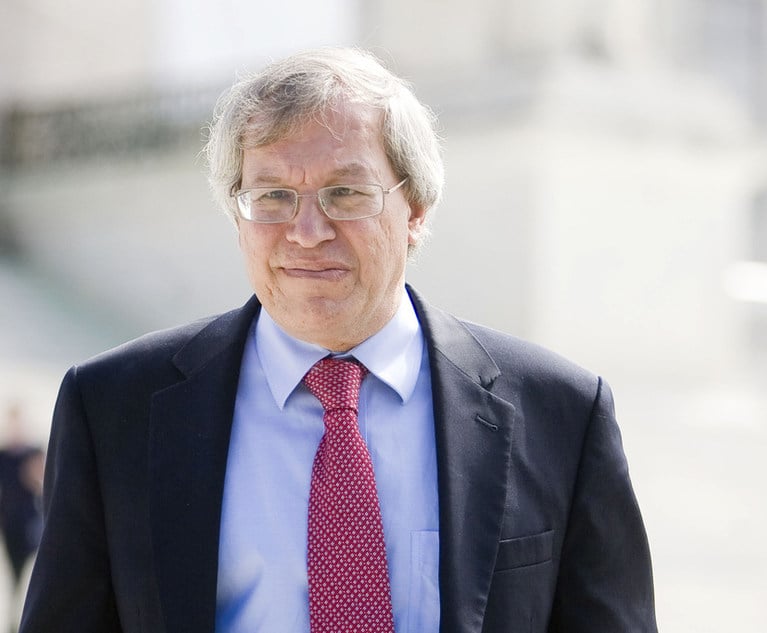The U.S. Supreme Court’s extraordinary postponement of its March argument session injected new uncertainty into a high-stakes process for a small group of advocates and their clients who said now they will work “to stay fresh” in hopes of getting their turn at the lectern.
The justices had scheduled 11 hours of oral argument during the March session in cases including the major copyright dispute between Google and Oracle, the secrecy of President Donald Trump’s financial records, and job bias suits against religious employers. The court, citing the threat of the novel coronavirus, said it would reschedule arguments at a date yet to be announced.


 U.S. Supreme Court building April 23, 2019.
U.S. Supreme Court building April 23, 2019.





